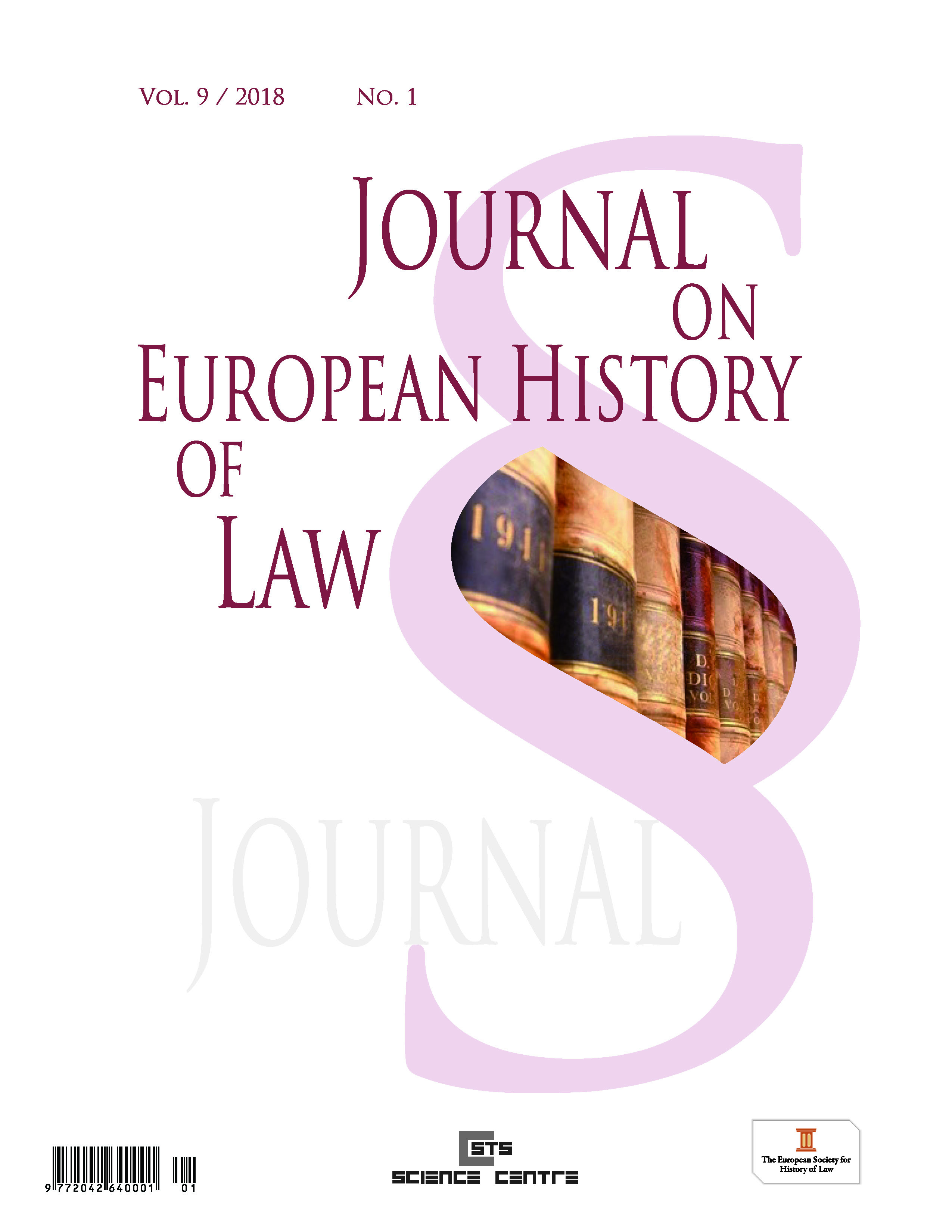Die Präterintentionalität in der ungarischen Strafrechtswissenschaft und in der Kodifikation vor 1848
Liability for Crimes with Unintended Result in Hungarian Criminal Jurisprudence and Codification Before 1848
Author(s): Szilvia BatóSubject(s): History, Law, Constitution, Jurisprudence, History of Law, Criminal Law, 19th Century
Published by: Evropská společnost pro právní dějiny, z.s.
Keywords: dolus; culpa; dolus indirectus; culpa dolo determinate; Hungarian criminal law before 1848; crime with unintended result (praeter intentionem crime);
Summary/Abstract: The study presents opinions on the liability for crime with unintended results formed before 1848 in Hungarian criminal jurisprudence and codification. It analyses the four tendencies (dolus indirectus, culpa dolo determianata, aggravation, transient category) of German criminal law, which was used as a model in the literature of Hungarian criminal law published from the middle of the 18th century to 1848 (manuals, studies), as well as in textbook manuscripts and bills. The transient category does not occur among these, and aggravation can only be found in one bill (1843). The wide-spreading of Feuerbach's theory started with a textbook manuscript in 1813, and it has become known and at least partly accepted by every author since 1820.
Journal: Journal on European History of Law
- Issue Year: 9/2018
- Issue No: 1
- Page Range: 140-148
- Page Count: 9
- Language: German

